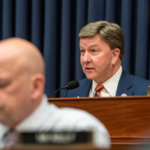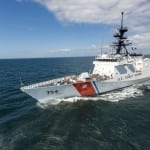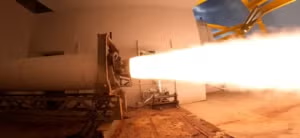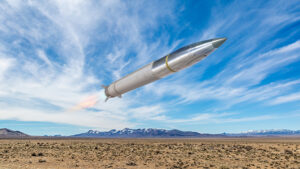By Emelie Rutherford Boeing [BA] yesterday denied it narrowed its protest of the Air Force's tanker award to Northrop Grumman [NOC], saying it has filed updated protests after seeing materials allegedly supporting its appeal that deal with issues including the boom of the Northrop Grumman plane. Mark McGraw, vice president and program manager for Boeing Tanker Programs, said he "really wanted to emphatically deny that there has been any narrowing of our protest. In fact, we continue to update and…
Contract Updates
Chandler Construction Services Inc. (Ninety Six, South Carolina) – $16,471,000
Chandler Construction Services Inc., Ninety Six, South Carolina, was awarded a $16,471,000 firm-fixed-price contract for the furnishing, installing, and placing into successful operation of water main pipe. The amount of this action is $16,471,000. Bids were solicited via the internet…
M1 Support Services LP (Denton, Texas) – $68,822,271
M1 Support Services LP, Denton, Texas, was awarded a $68,822,271 modification (P00206) to contract W9124G-17-C-0104 for Army and Air Force aviation maintenance. The modification brings the total cumulative face value of the contract to $5,522,349,151. Work will be performed at…
Lake Union Drydock Co. (LUDC) (Seattle, Washington) – $12,683,144
Lake Union Drydock Co.* (LUDC), Seattle, Washington, is awarded a $12,683,144 firm-fixed-price contract for the maintenance, repair and preservation of YTT-10 (YTT-9 Cape Flattery-class torpedo trials craft) service life extension program. This contract includes options which, if exercised, would bring…
Innovative Professional Solutions Inc. (Panama City Beach, Florida) – $13,631,598
Innovative Professional Solutions Inc.,* Panama City Beach, Florida, is awarded a $13,631,598 firm-fixed price/cost-only contract for fabrication and installation of minesweeping winches. This contract includes supplies for the government of the Republic of Korea (100%) under the Foreign Military Sales…













